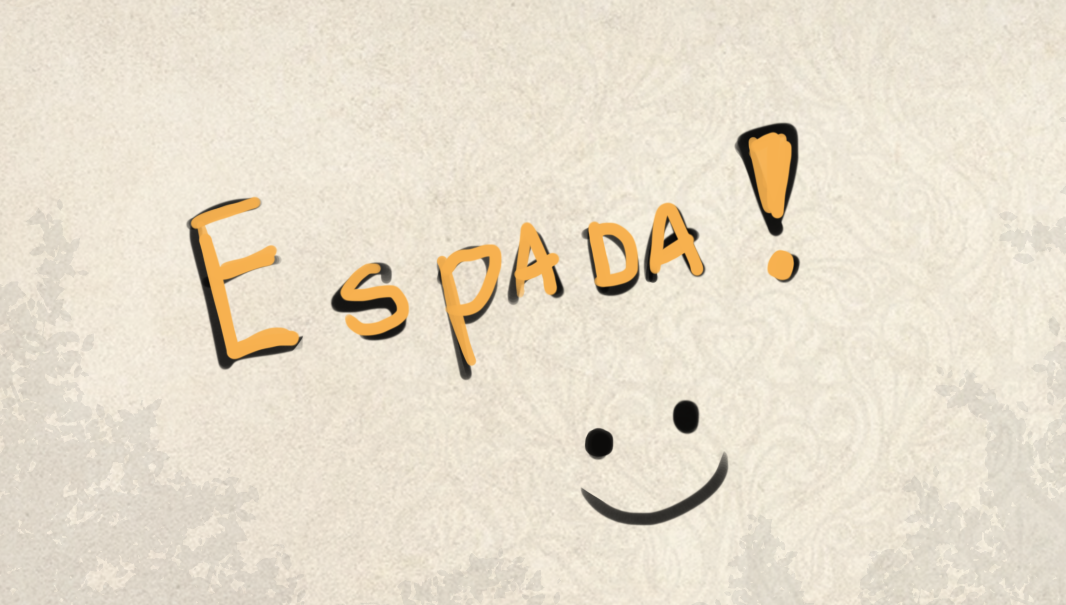Hi, I’m Dayvis, and I’d like to talk about why plain language is important for the game Espada.
Since the beginning of Espada’s development, our team has worked hard to create something fun while also sharing positive messages that carry real meaning for the player. And when I say meaning, I mean we hope our game becomes a special memory—something that touches the hearts of everyone who plays.
We’ve put a lot of effort into making the fun come from innovative elements, like a combat system full of possibilities, and into delivering a positive message through a story focused on hope, willpower, and support. We believe in the heart of every player and we know each of them has something wonderful and unique to offer the world. Everyone is special in their own way, and everyone is capable of achieving their dreams and reaching their goals.
Our message could be shared in many ways, but plain language is important because it allows us to express our ideas and encouragement clearly, without leaving anyone out. As has already been said, plain language is made so that everyone can understand and absorb the ideas we want to share. In fact, you could say plain language is inclusive—and I like to think that by using it, we can explain our ideas in a way even a child could understand.
I’d like to share something personal: I have ADHD, and as you can imagine, I face certain challenges with focus and sometimes struggle with details. My memory is often unreliable, and I tend to get lost in simple tasks. As I grew up, I learned how to manage these challenges by taking notes, doing focus exercises, and seeking professional help. But in recent months, I discovered plain language, and it really surprised me. The feeling of reading something written using this technique is incredible. It’s been a special and enjoyable experience to read, study, and write this way—though I admit it’s still a challenge! And just like the entire Espada team, I want to give my best to our players.
But if you’re still unsure about plain language, I prepared an example to help:
Original text:
“Hope is the feeling that drives us to move forward, even in the face of life’s adversities.”
Plain language:
“Hope is what keeps us going, even when things are hard.”
By using plain language, I’m sure we can bring that wonderful feeling of “understanding without difficulty” to all players.
Know that including everyone is our main goal, and we’ve been working hard to make that happen.
Warm regards,
Dayvis

